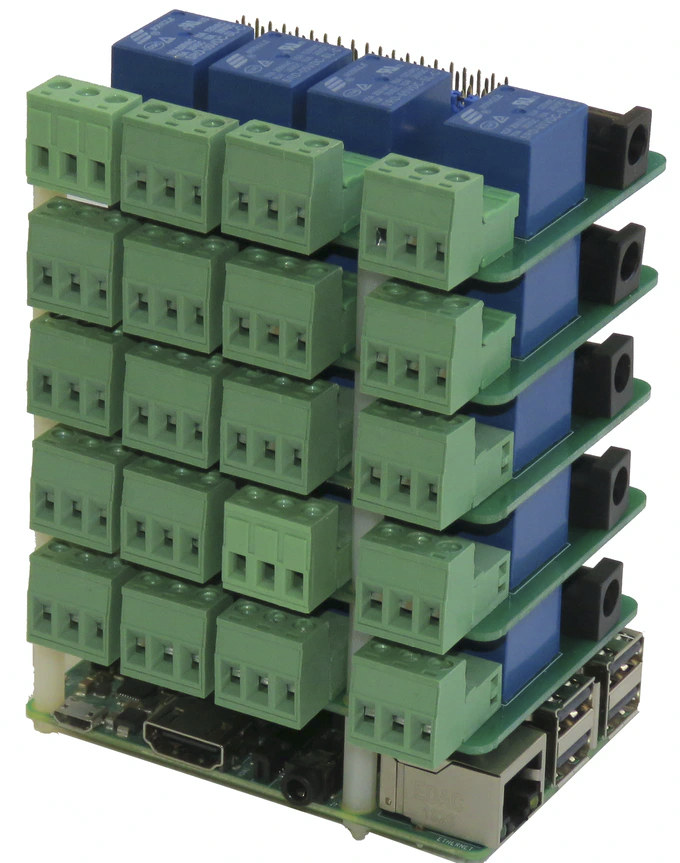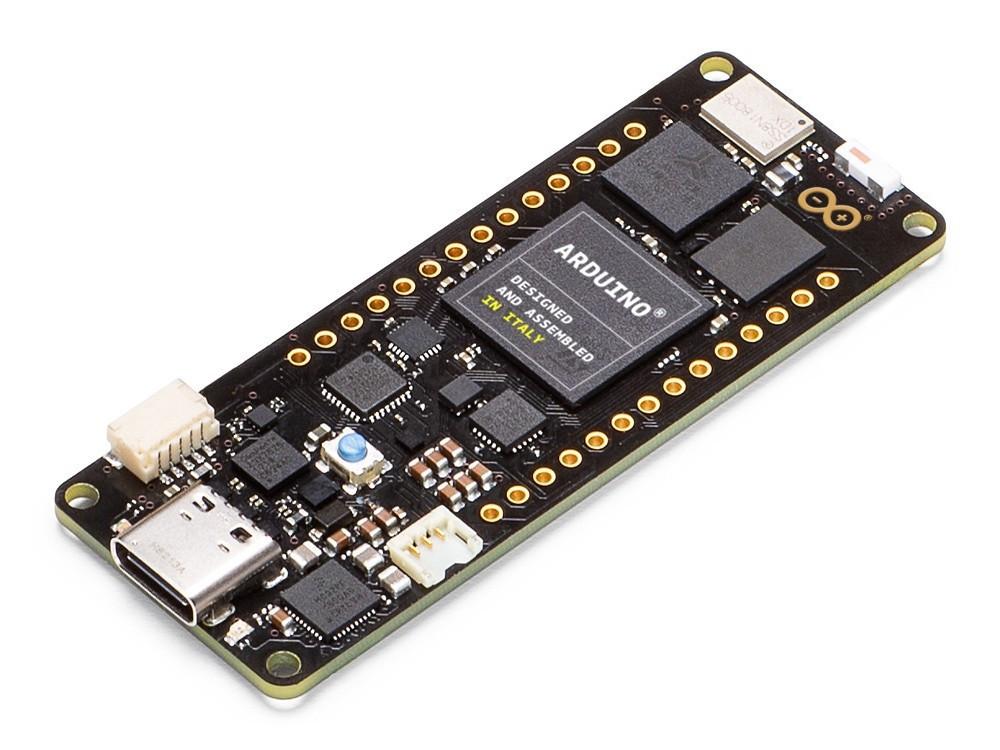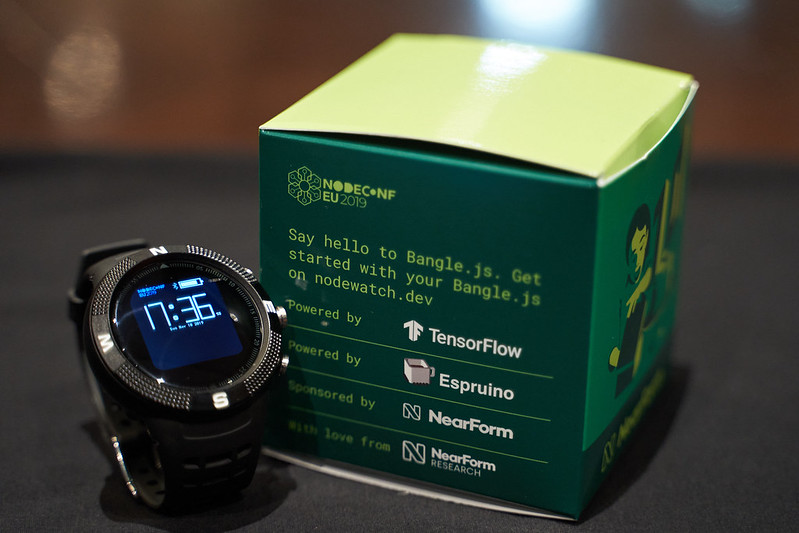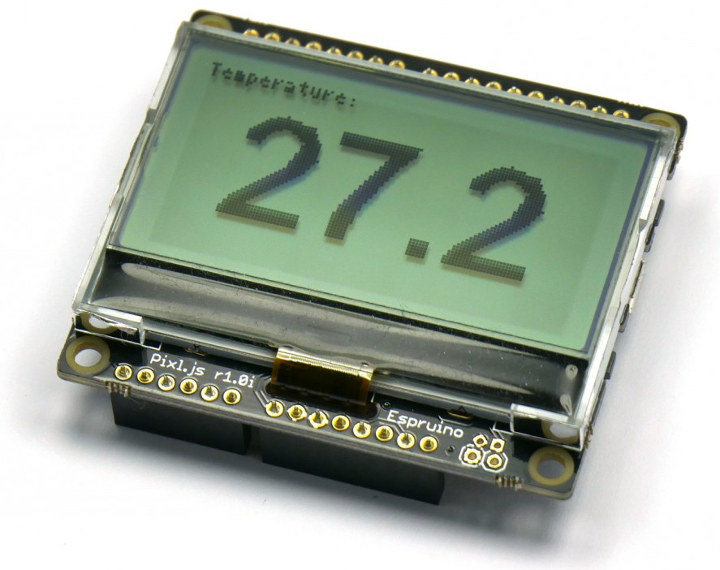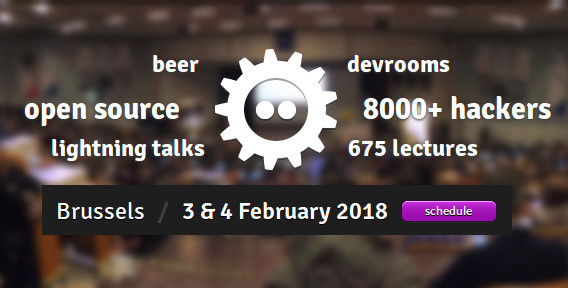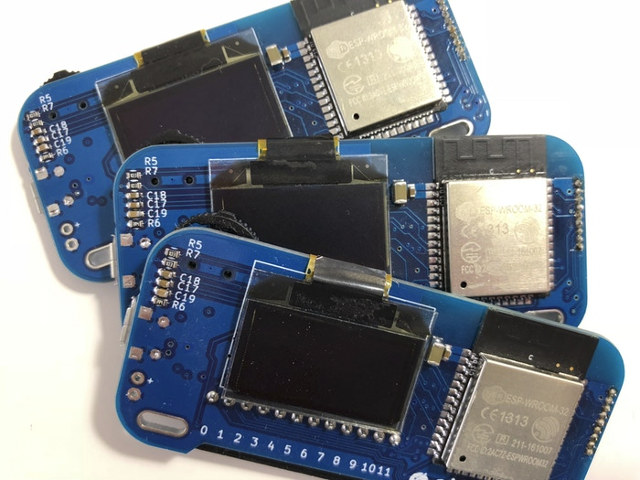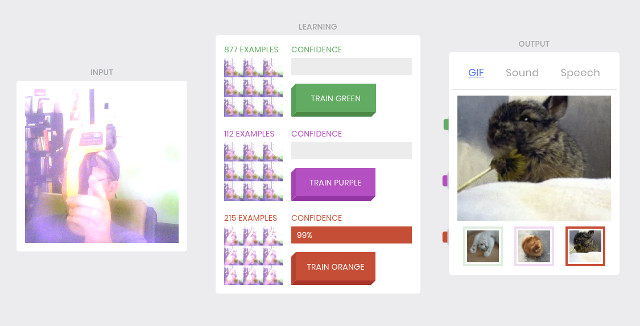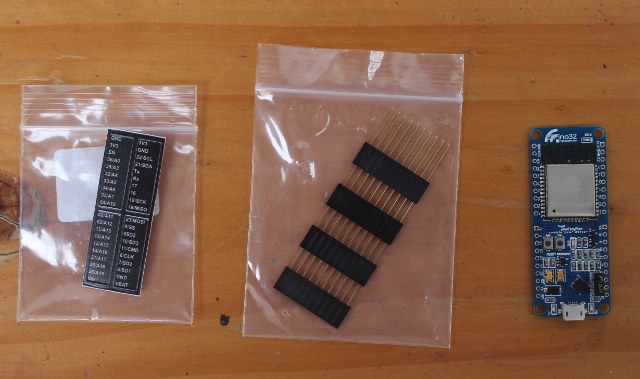People have been playing with off-the-shelf relays on Raspberry Pi boards ever since it was released in 2012, and over the years, some companies have maybe Raspberry Pi-specific relay boards such as Strawberry4Pi and Pi-OT. Two years ago, Sequent Microsystems introduced a stackable 8-Relay board enabling up to 64 relays to be connected to a single Raspberry Pi board. The 8-relay board only supported 24V/2.5A, and the company is now back on Kickstarter with a 4-relay board with 250V/10A line-switching relays that can offer up to 32 relays by stacking 8 boards connected to one Raspberry Pi board via the 40-pin I/O header. The board comes with four Songle 250V/10A relays, 3-pin pluggable connectors that accept 18 to 22 AWG wires, and a 5V/3A power supply is recommended. If you stack multiple relay board a beefier power supply may be required. Here are some power consumption numbers provided by the […]
Arduino Portenta H7 STM32H7 Cortex- M7/M4 Industrial Board Runs Arduino Code, Python and JavaScript
Arduino is now at CES 2020 promoting its Arduino Pro all-in-all IoT solution for professionals with the Arduino Pro IDE, Arm Pelion IoT platform for device management, and a new Portenta industry-grade board family starting with Arduino Portenta H7 board powered by STMicro STM32H7 dual-core Arm Cortex-M7/M4 microcontroller. Arduino Portenta H7 Specifications: Microcontroller – STMicro STM32H747XI Cortex-M7 @ 480 MHz + M4 @ 200 MHz MCU with 2MB dual-bank Flash memory, 1 MB RAM, Chrom-ART graphical hardware accelerator System Memory – 2MB SDRAM (upgradeable up to 64MB) Storage – 16MB QSPI NOR Flash (Upgradeable up to 128MB) Connectivity 2.4GHz WiFi 802.11b/g/n up to 65 Mbps and Bluetooth 5.1 BR/EDR/LE via Murata 1DX module On-board 10/100M PHY Video I/F – MIPI DSI & 8-bit camera interfaces via 80-pin expansion connector, DisplayPort over USB-C port USB – 1x USB 2.0 Type-C port for power (PD), programming, and DisplayPort output I/Os Arduino MKR […]
Bangle.js is an Hackable, Open Source JavaScript and TensorFlow-driven Smartwatch (Crowdfunding)
Espruino brought JavasScript to the Microcontroller, now Bangle.js is bringing Javascript plus TensorFlow Lite to your smartwatch. There has been some movement by some developers that says that JavaScript should be used for everything, even though I find that idea ridiculous, I still find JavaScript a fascinating language. The NeaForm Research team and Gordon Williams (the brain behind Espruino) have all teamed up in launching Bangle.js Smartwatch. Bangle.js isn’t your ordinary smartwatch, at the heart of it is the open-source ecosystem. JavaScript plus TensorFlow Lite and of course, a cool looking Smartwatch is what Bangle.js is offering. Bangle.js was launched at the recently concluded NodeConf EU conference, and the goal is to bootstrap an Open Health Platform hopefully. NodeWatch is the specific implementation of Bangle.js for NodeConf EU 2019, co-developed by Espruino and NearForm Research. This project has the potential to bootstrap a community-driven open health platform where anyone can […]
Espruino Pixl.js is a Bluetooth LE Display Programmable with JavaScript, Compatible with Arduino Shields
Espruino is an open source firmware that allows you to control micro-controllers board with JavaScript, and used in hardware such as Wio LTE GPS tracker, some STM32 Cellular IoT Discovery Kits, and other platforms. I have actually tried Espruino and JavaScript programming in an ESP32 board myself, and it worked reasonably well. But Espruino developers also provide hardware platforms for Espruino, which – as one should expect – are normally better supported than other third-party board. One of their latest platforms is Espruino Pixl.js a Bluetooth smart display powered by Nordic Semi nRF52832 WiSoC. Espruino Pixl.js specifications: WiSoC – Nordic Semi nRF52832 Arm Cortex-M4 @ 64MHz with 64kB RAM, 512kB Flash, Bluetooth Low Energy connectivity (via a Raytac Corportation module) Display – 54mm diagonal, 128 x 64 sunlight readable monochrome display with white backlight Connectivity – Bluetooth LE and NFC tag I/Os 20x GPIO in Arduino footprint with PWM, SPI, […]
FOSDEM 2018 Open Source Developers Meeting Schedule
FOSDEM (Free and Open Source Software Developers’ European Meeting) occurs every year on the first week-end of February, where developers meet for two days discussing about open source software projects. FOSDEM 2018 will take place on February 3-4 this year with 652 speakers, 684 events, and 57 tracks, an increase over last year 608 speakers, 653 events, and 54 tracks. There will be 8 main tracks namely: Community, History, Miscellaneous, Performance, Python, Security and Encryption, Space, and Global Diversity CFP Day. There will also be 33 developer rooms, and since the full schedule is now available, I’ll make a virtual schedule mostly based on sessions from the Embedded, mobile, and automotive, Hardware Enablement, and Internet of Things devrooms. Saturday 3, 2018 09:50 – 10:15 – Turning On the Lights with Home Assistant and MQTT by Leon Anavi In this presentation you will learn the exact steps for using MQTT JSON […]
Obniz ESP32 Board is Programmable in JavaScript from the Cloud (Crowdfunding)
ESP32 WiFi / Bluetooth boards are now commonly supported by the Arduino IDE, and alternative firmwares are also available to program them using JavaScript (e.g. Espruino), or MicroPython. But if are familiar with JavaScript / Node.js, and don’t want to flash your own firmware, Obniz board could be an option. The board exposes 12 I/Os programmable from the company’s Cloud service, and features a OLED display used to show your program information, or a QR code to easily program the board from your smartphone’s browse once a WiFi connection has been setup. Obniz hardware specifications: Wireless Module – ESP-WROOM-ESP32 based on ESP32 dual core 802.11 b/n/g WiFi + Bluetooth LE WiSoC Display – 128×64 OLED display I/Os 12x I/O pins each configurable as GPIO, ADC, UART, SPI or I2C (no specialized pin, each can handle those functions) Up to 1A drive per I/O to control motors 3.3 or 5V selectable […]
Google’s Teachable Machine is a Simple and Fun Way to Understand How Machine Learning Works
Artificial intelligence, machine learning, deep learning, neural networks… are all words we hear more and more today, as machines get the ability to recognize objects, answer voice requests / commands, and so on. But many people may not know at all the basics of how machine learning works, and with that in mind, Google launched Teachable Machine website to let people experiment and understand the basics behind machine learning without having to install an SDK or even code. So I quickly tried it with Google Chrome, as it did not seem to work with Mozilla Firefox. It’s best to have audio on, as a voice explains how to use it. Basically you connect your webcam, authorize Chrome too use it, and you should see the image in the input section on the left. After you’re being to train the machine in the learning section in the middle with three difference […]
Getting Started with Espruino & JavaScript on ESP32 with ESPino32 Board
Venus Supply Co., Ltd, better known as ThaiEasyElec, is a company based in Thailand, selling embedded systems and development board, as well as providing development services based in Thailand. The company sent me their latest board called ESPino32 powered by Espressif ESP-WROOM-32 WiFi and Bluetooth module for evaluation. While the board is supported in Arduino-esp32, I’ve already tested Arduino with ESP32-Bit module & ESP32-T board, so after checking out the hardware, I’ll load it with something different: Espruino, a firmware allowing for JavaScript programming over the serial console, or a Web based IDE. ESPino32 Unboxing and Soldering The board shipped with four female headers, and I/O stickers. The board includes ESP-WROOM-32, exposes I/Os through four 10-pin headers, features CP2104 chip for serial to USB debugging via micro USB port, two buttons (reset and program), a user LED connected to IO16, and a jumper to select between regulated power supply (micro […]


